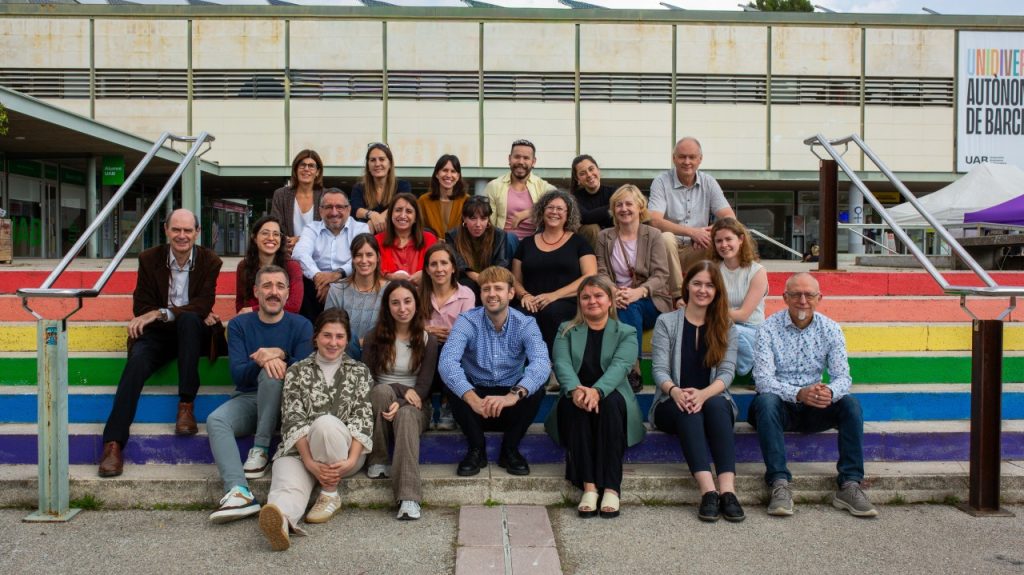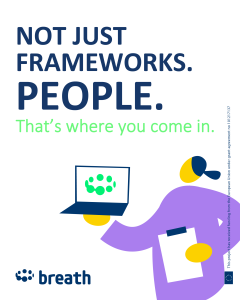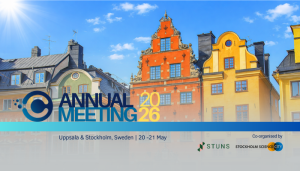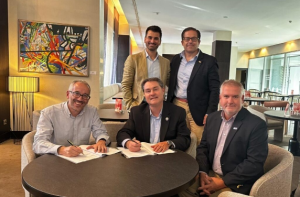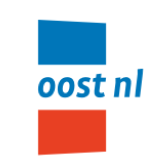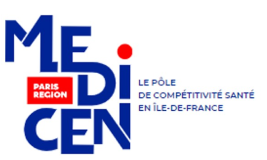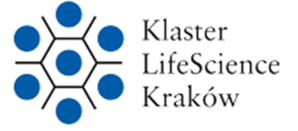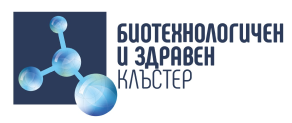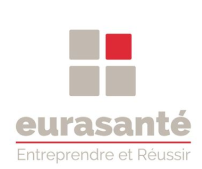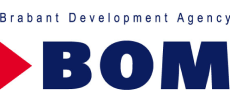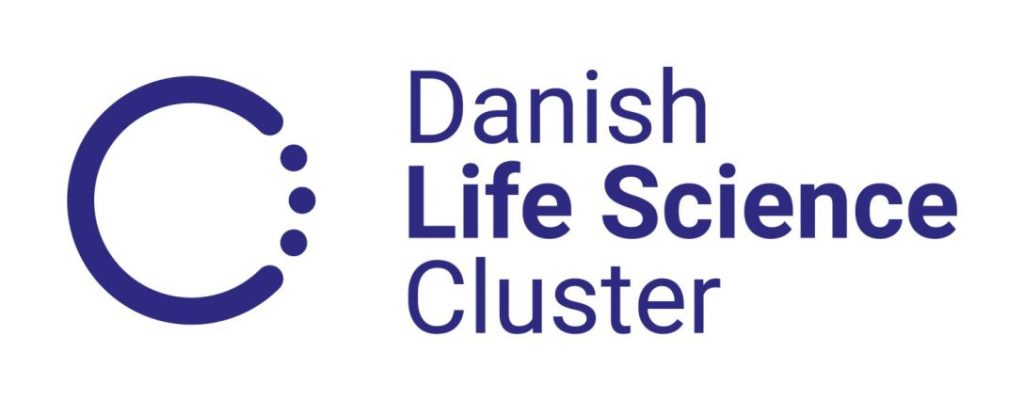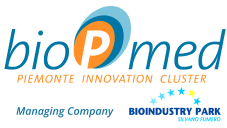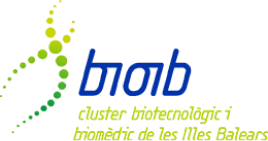The BREATH project, a European-funded Coordination and Support Action, was officially launched in October 2025 to strengthen research careers and improve talent retention in Europe’s health innovation sector.
Bringing together leading universities, innovation agencies, companies, and regional authorities from Catalonia, Flanders, and Lithuania, BREATH will establish a European Talent Ecosystem for Health Innovation, supporting early-career researchers with enhanced training, guidance, and mobility opportunities.
“Europe needs a more connected and sustainable research career environment,” says Begoña Miñarro Vivas, BREATH Project Coordinator. “BREATH will help align researcher skills with real labour market needs while making research careers more attractive across sectors.”
A Cross-Sector Collaboration
The BREATH consortium brings together a diverse alliance of academic institutions, innovation agencies, research centres, and private companies — all committed to transforming researcher career development across Europe.
Partners include: Universitat Autònoma de Barcelona #UAB (Coordinator), Biocat, BioRegion of Catalonia , AGAUR . , Generalitat de Catalunya (Departament de Recerca i Universitats), WeDo | Project intelligence made easy SL, KU Leuven , Fundació Bosch i Gimpera (FBM), Council of European BioRegions – CEBR (CEBR), Kaunas University of Technology (KTU), Innovation Agency Lithuania | Global (IA), Lithuanian Ministry of Education, Science and Sport (SMSM), Institute for Bioengineering of Catalonia (IBEC) (IBEC-CERCA), Reig Jofre SA, Nando , Alira Health , and Caszyme.
From Local Action to European Policy
The European research system faces growing challenges in keeping talent in Europe. BREATH’s work directly supports the European Framework to Attract and Retain Research, Innovation and Entrepreneurial Talents, the New European Innovation Agenda, and the European Skills Agenda—translating these policy ambitions into practical solutions for the health innovation sector.
BREATH pilots will take place across Catalonia, Flanders, and Lithuania, testing collaborative governance models and developing recommendations for EU-wide policies on researcher careers and mobility.
The project will also explore new recognition systems, including microcredentials, to help researchers validate skills and transition smoothly between academia and industry.
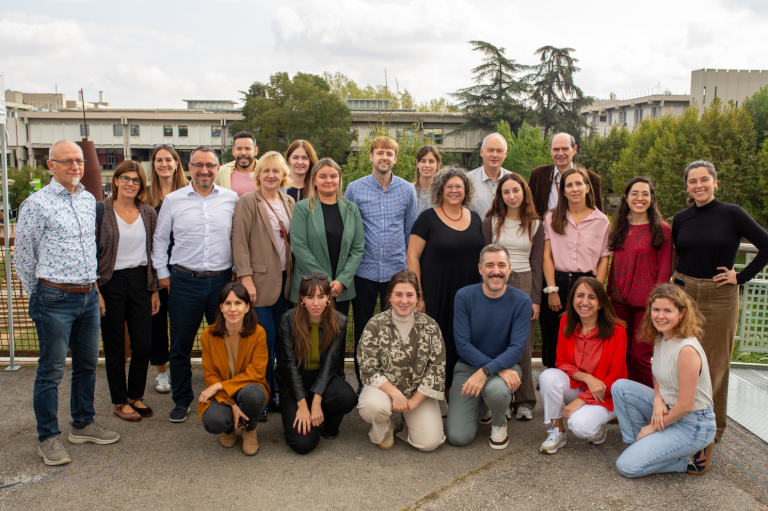
CEBR’s Role in BREATH
As a partner, CEBR will contribute to co-creating the European Talent Ecosystem, drawing on its extensive network of life science clusters and bioregions across Europe. CEBR will also contribute to the communication and dissemination activities, ensuring that the project’s results reach key stakeholders and support long-term impact beyond the consortium.
Through its participation in BREATH, CEBR will provide its members with access to insights, tools, and collaborative opportunities emerging from the project — helping clusters and their stakeholders better understand and respond to the evolving needs of Europe’s health innovation talent landscape.
Together, the BREATH partners will co-design frameworks for skills development, establish a Career Guidance Platform, and pilot mentoring schemes to strengthen Europe’s capacity to attract, develop, and retain top health innovation talent.

